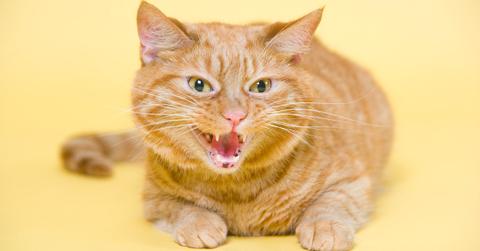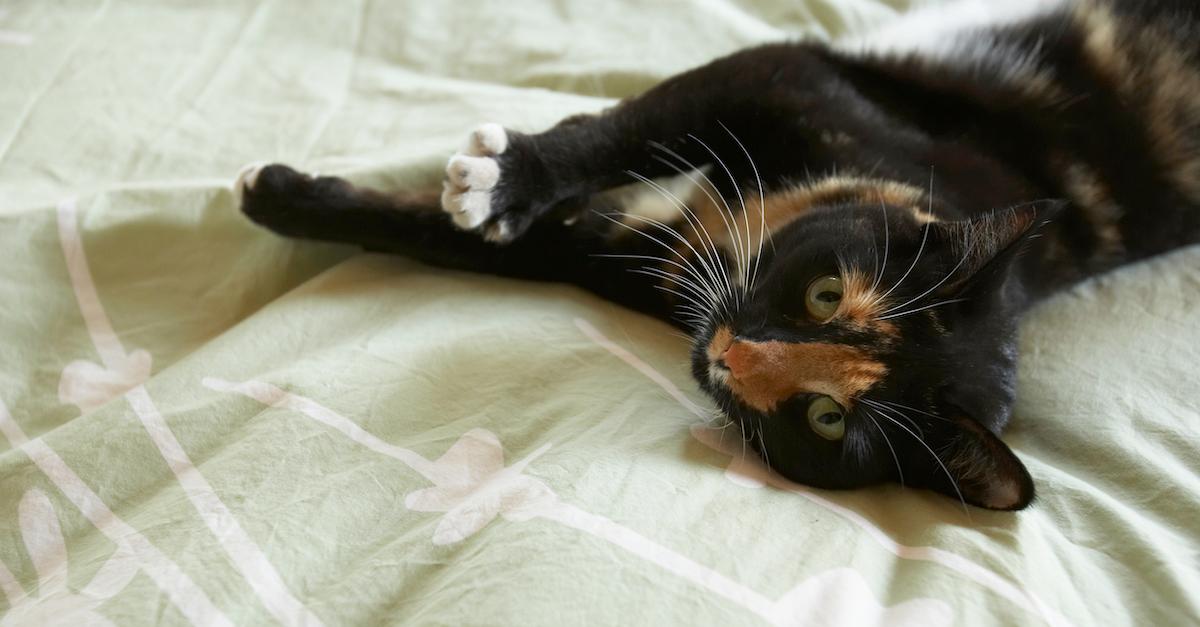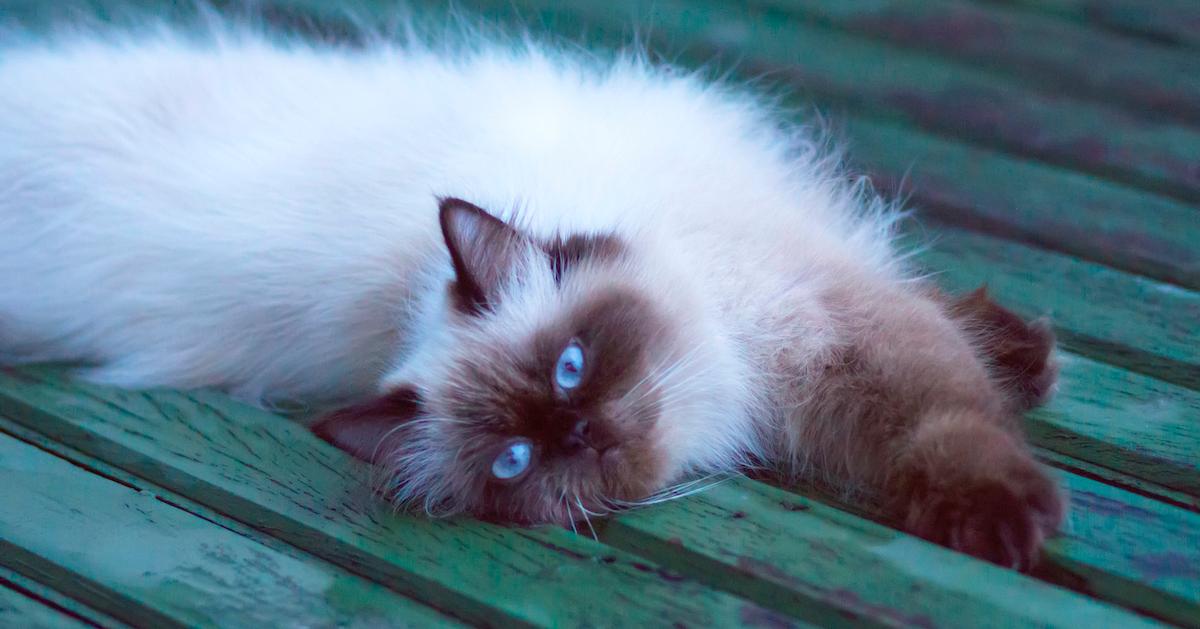Why Cat Declawing Is Cruel, and Alternatives to the Process
Published Sept. 16 2022, 2:14 p.m. ET

Cats can be unpredictable, and let's face it, nobody enjoys getting scratched. And while declawing, or onychectomy, seems like a simple solution to the issue, it's a cruel act of bodily mutilation to your beloved furry friend.
There are many reasons why declawing cats is cruel, relating to how it affects them both physically and psychologically. It's still legal in the U.S. — though certain places have banned the practice, including New York State, and a few cities in California.
Declawing is completely banned in England, Scotland, Wales, Italy, France, Germany, Austria, and other nations. Many vets in the U.S. won't perform the declawing procedure because of the pain and suffering it can cause.
"AVMA discourages declawing as an elective procedure and supports non-surgical alternatives. Declawing is a major surgery involving amputation and is not medically necessary for the cat in most cases," reads a statement from the American Veterinary Medical Association (AVMA).
"... it is incumbent upon the veterinarian to counsel the owner about the natural scratching behavior of cats, the alternatives to surgery, as well as the details of the procedure itself and subsequent potential complications," the statement continues.
"Onychectomy is a surgical amputation and if performed, multi-modal preoperative pain management must be utilized."

Is declawing a cat cruel?
Again, we know declawing seems convenient, but the pain your kitty experiences through and after the process just isn't worth it. In fact, there are a wide range of reasons why declawing a cat is cruel. Per PETA, it's a traumatic and invasive process that involves 10 amputations of the cat's nails and joints along their paws.
It can lead to a number of long-lasting and very painful physical effects, which include: skin issues, bladder problems, and weakened joints and muscles.
Many cats that undergo the declawing process are never able to walk comfortably again.
And even though cats don't solely use their claws to scratch and attack, declawing also leaves cats completely vulnerable to predators and other types of dangers, without any form of self-defense. So if your cat enjoys going outside, you're essentially forcing them out into the world totally and utterly defenseless.
This feeling of permanent vulnerability often leaves your fluffy buddy with major psychological effects. Some become overly paranoid — even if they're confined to the safety of your home. Many even tend to develop various neurological issues, as a result of the procedure.
Cats also scratch as a form of exercise, and to mark their territory, which is why your furniture may sometimes bear the brunt of their scratching. But luckily, there are many healthier alternatives to declawing.

Here are some alternatives to declawing your cat:
As previously mentioned, because scratching is often a form of exercise and play, per Pet Helpful, it's important to provide them with things to scratch — that aren't your couch or your arm.
Cat toys provide exercise, and with something to grasp. You can also get them a cat tree or a scratching post, so they can scratch all they want without it bothering you. If they continue to scratch your furniture, there are various types of repellants, that deters them from scratching in certain areas.
Instead of completely declawing your kitty, you can also trim their claws. As long as you know to avoid their quick, which would hurt them, it isn't particularly difficult. However, some cats don't enjoy it, so you may want to watch a few YouTube videos beforehand, and have a second person handy.
Claw covers are another option — "soft claws" are basically fake fingernails that act as caps on their sharp little nails. Many cats hate these too, though, so you may have trouble getting them on.